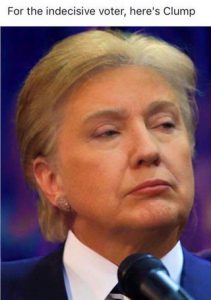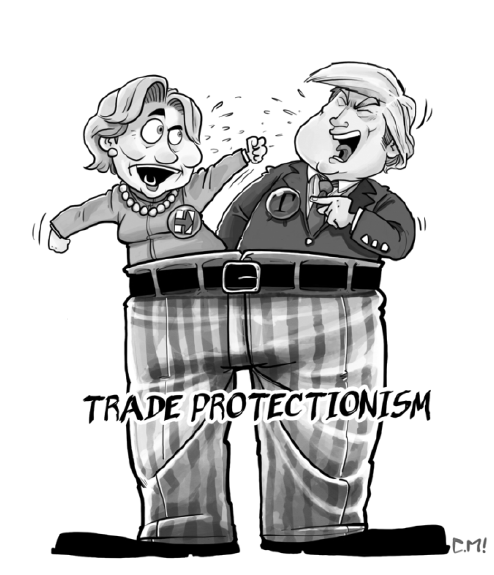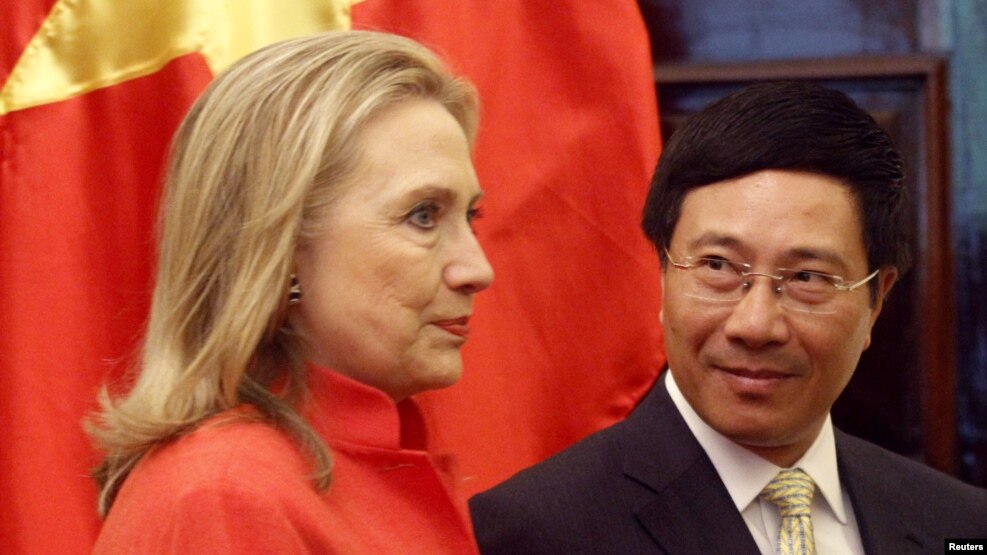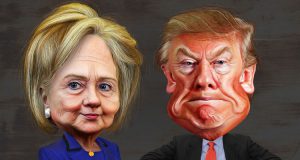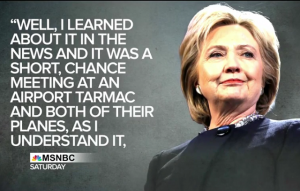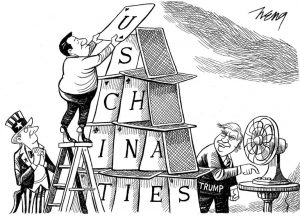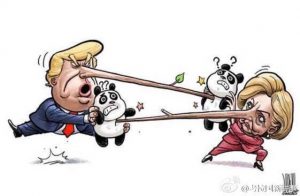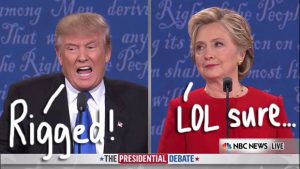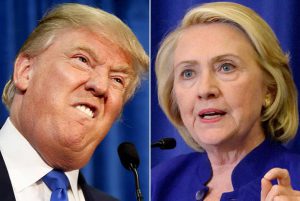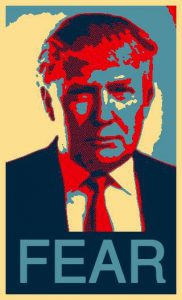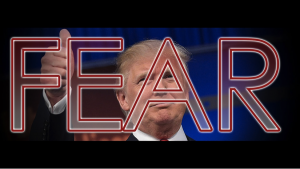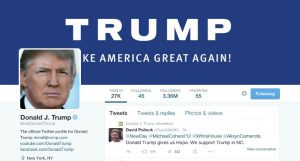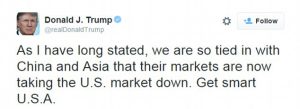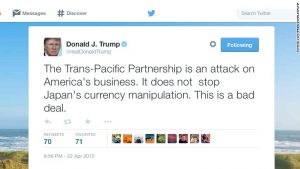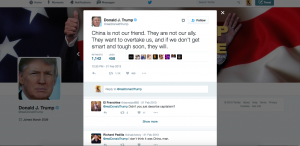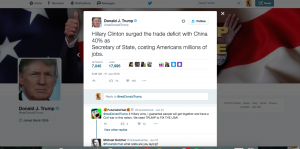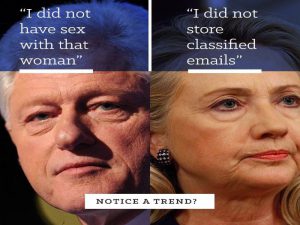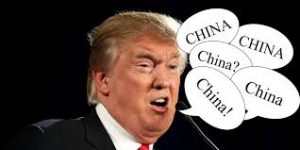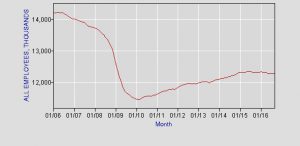There is no denying that although Trump may be scrutinized for his absurd comments and claims about anything and everything, he is one of the most persuasive politicians of our time. In an article, Joe Romm claims that Donald Trump is, “one of the most effective practitioners of persuasive rhetoric the political world has seen in a long time.” He even goes further to state that Trump is a “branding and marketing genius.” You may love him, you may hate him, but you cannot say that he has not been effective for the audience he is trying to reach. Donald Trump’s most effective and persuasive rhetoric involves The United States of America and its absolute downfall in every aspect of society. In regards to trade, America is a great, big, giant, loser. At a rally, Trump stated, “I like free trade, but free trade is not free trade, it’s dump trade because we lose with China, we lose with Mexico, we lose with Japan and Vietnam and every single country that we deal with. We lose with Canada.” Donald Trump is a smart man and he knows exactly what he is doing when he makes these extravagant claims. His audience is a group of people sick of the political process and sick of political correctness. They have been desperate for a politician to tell it like it is and here came their knight in shining armor, Donald J Trump.
How Effective Is Persuasion?
Good or bad, Trump is infamous for always saying what is on his mind and this is one of his most powerful rhetorical strategies. Yes, it has been his downfall to a large population of people, but for his audience it works. It works and it has been so effective because if Trump understands anything about appealing to an audience it is that, his figure of speech is the key to being effective and persuasive. His supporters rave about him, not because they support every single one of his policies, but because he stands for what they all want. A person who will tell them exactly how it is instead of being spoon fed political correctness. Trump has branded himself by being over the top and the black sheep of the political process and his supporters are eating it up. He has gotten all the way to the Presidency by effectively using rhetorical and persuasive strategies and like him or hate it, you have to admire his tactic.


